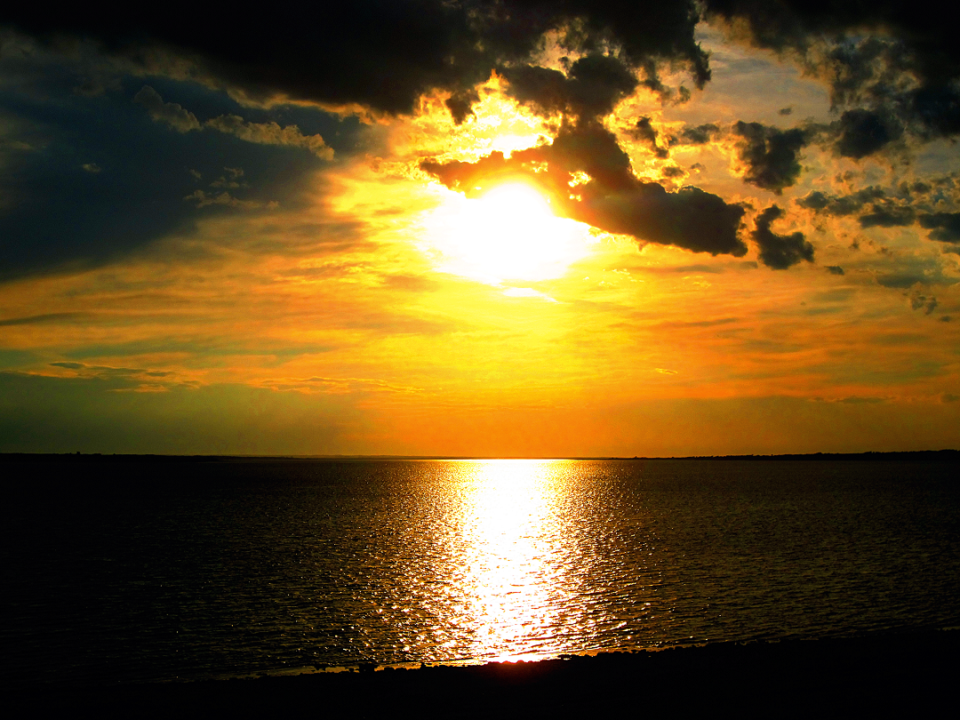LAKE DIEFENBAKER - Prior to the start of election season, the Saskatchewan government has released the Economic Analysis for the Westside Irrigation Rehabilitation Project (WIRP), the first part of the overall Lake Diefenbaker Irrigation Projects.
Carried out by KPMG LLP, the report shows an estimated increase in Gross Domestic Product (GDP) of $5.9 billion while generating over 30,000 jobs (person years of employment) and 9,500 jobs during the construction phase. A conservative estimate of tax revenues to governments is projected to be upwards of $770 million with value added processing.
"Our government believes in supporting the economy by making sound investments to create a stronger Saskatchewan," Minster Responsible for the Water Security Agency David Marit said in a media release. "This is only the start of what could be done, we have a truly remarkable opportunity in front of us to create a better quality of life for all Saskatchewan people for generations to come."
The government says that the overall GDP impact will increase significantly when factoring in the potential value-added benefits over a 50-year period. Pointing to what's been seen in other jurisdictions, there is said to be a direct connection to expanding irrigated acres and value-added processing investments.
"The Government of Saskatchewan continues to discuss the project with the federal government," Marit said. "We are hopeful they will come as a funding partner as this project is a major economic benefit to the Canadian economy and our country's food security."
The work done by KPMG included assessing the influence of increased crop production expenditures on GDP, employment, and taxes, using the 90,000-acre Westside Rehabilitation Irrigation Project.
As announced in the spring of 2024, the engineering and design of the WIRP is moving forward with the engineering firms of MPE and Stantec as the joint venture Prairie Engineering Partners.
The Lake Diefenbaker Irrigation Projects are made up of three distinct projects: the Westside Rehabilitation, Westside Expansion, and the Qu'Appelle Â鶹´«Ã½AV Water Conveyance Project.
The current focus is on the WIRP as it expands and modernizes infrastructure constructed nearly 40 years ago to irrigate up to 90,000 acres of land.
This announcement of an economic analysis being carried out follows on the original announcement that the government made in the summer of 2020, when the multi-year project of exploring the potential of Lake Diefenbaker's irrigation possibilities was first made public. Premier Scott Moe had announced the first steps of a "generational project" that the government said would fulfill the vision of Prime Minister John Diefenbaker to ensure the prosperity of Saskatchewan people and irrigate up to 500,000 acres of land from Lake Diefenbaker, more than doubling the irrigable land in Saskatchewan. At that time, it was said that the project would begin with a $22.5 million investment in preliminary engineering and initial construction. At the time, the project's construction was expected to occur over the ensuing decade in three main phases at a cost that was estimated at $4 billion.
“The announcement of this generational project will see the vision of Lake Diefenbaker completed over the course of the next decade,” Moe said in 2020. “By doubling the amount of irrigable land in our province, this project will be a massive step in completing the goals our government has set out in our 2030 Growth Plan.”
For project updates and to view the report, visit: https://diefenbakerirrigation.ca/.




